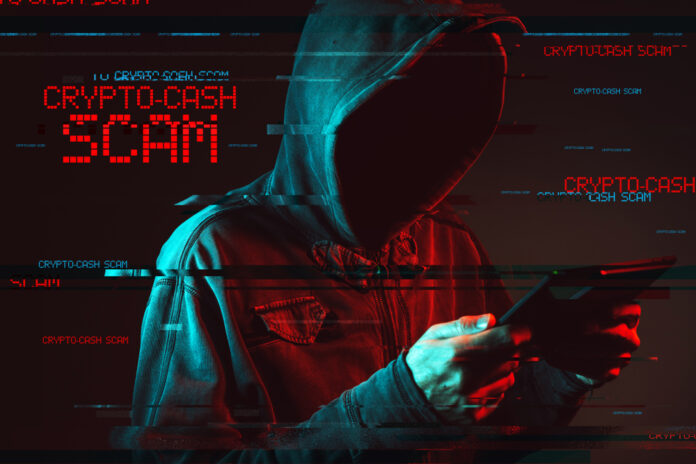The Cybercrime Investigation and Coordinating Center (CICC) said cybercrimes in Metro Manila is on the uptrend despite the SIM registration law.
Citing a report from the Philippine National Police, the CICC said cybercrimes in the National Capital Region (NCR) rose 152 percent in the first half of the year due in part to the carelessness of online users and the availability of malware.
Data from the NCRPO show the number of cybercrimes reported to police from January to June totaled 6,250, up from 2,477 recorded during the same period last year.
Online scams during the period nearly tripled to 4,446 compared to only 1,551 last year while illegal access widened to 1,063, up 86 percent from 570 during the same period last year.
ATM and credit card fraud also rose during the period to 625 or more than double the 241 cases reported last year.
PLTCOL Jay D. Guillermo of the Regional Anti-Cybercrime Unit (RACU)-NCR said the exponential growth of cybercrime will continue due to the availability of malware on the internet, the ease of doing business of both private and government institutions, the technological development and careless online users.
Cybercrime Monitoring and Public Complaints Coordination division chief engineer Norman Ancheta said the CICC’s inter-agency response center has received 4,615 complaints from the first day of January to 15 June this year.
The IARC was established on 27 December 2022 following the implementation of the SIM registration law.
“Despite the ongoing implementation of the SIM Registration Act, cybercrime and cyber security-related concerns of the public are on the uptrend,” Ancheta said.
IARC, which receives complaints through social media, website and telephone hotline 1326, received a total 3,609 complaints related to SIM registration and 904 cyber complaints from 1 January to 15 June this year.
Most of the complaints related to online fraud (364), illegal access (192) and online libel (103).
CICC Executive Director Alexander K. Ramos emphasized: “The need for a single portal is necessary to allow the government to have a firm grasp of reality in fighting cybercrimes.”







